Yemeni air defense forces deter Saudi air raid in Jawf: Army spokesman
The spokesman for Yemeni Armed Forces, Brigadier General Yahya Saree, says the country’s air defense units have managed to thwart a Saudi airstrike against strategic and residential areas in the country’s northern province of al-Jawf.
Saree said a squadron of Saudi F-15 fighter jets sought to bombard areas in the province, located approximately 110 kilometers (68 miles) north of the capital Sana'a, on Monday noon, when the domestically-built and long-range Fater-1 (Innovator-1) surface-to-air missile defense system intercepted the jets and forced them off Yemeni airspace.
تمكنت الدفاعات الجوية بفضل الله من التصدي ظهر اليوم لتشكيل قتالي مكون من عدد من الطائرات الحربية F15 في سماء محافظة الجوف وإجبارها على المغادرة قبل تنفيذ أي أعمال عدائية، وتمت عملية التصدي بعدد من صواريخ فاطر1 .
— العميد يحيى سريع (@army21ye) March 16, 2020
The development took place only two days after Yemeni army air defenses intercepted two Saudi-led F-16 warplanes in the skies of Jawf, deterring the aircraft from carrying out any act of aggression.
بعد ساعات من التصدي لطائرة حربية معادية في سماء الجوف ..
— العميد يحيى سريع (@army21ye) March 14, 2020
الدفاعات الجوية تتمكن بفضل الله من التصدي لطائرتين حربيتين أخريين نوع F16 تابعتين لقوى العدوان في سماء محافظة الجوف أيضا بمنظومة صواريخ فاطر1 الدفاعية وتجبرهما على مغادرة الأجواء قبل تنفيذ أي أعمال عدائية..
Earlier that day, the long-range Fater-1 missile defense system had prevented a Saudi-led F-15 military aircraft from launching an aerial attack in the same Yemeni region.
بفضل الله وتأييده تمكنت الدفاعات الجوية مساء اليوم من التصدي لطائرة حربية نوع F15 في سماء محافظة الجوف وإجبارها على المغادرة قبل تنفيذ أي أعمال عدائية، تمت عملية التصدي بمنظومة فاطر1 الدفاعية.
— العميد يحيى سريع (@army21ye) March 14, 2020
Yemeni armed forces unveiled Fater-1 along with other domestically-built long-range, surface-to-air missile defense systems on February 23.
Yemeni Minister of Defense Major General Mohamed al-Atefy, Chairman of the General Staff Major General Mohamed al-Ghammari and Brigadier General Saree were in attendance during the event.
The systems have entered service following successful tests, the official announced at the time.
Saudi warplanes attack residential areas in central Yemen
Also on Monday, Saudi-led warplanes carried out an aerial attack against residential areas in central Yemen, using internationally-banned cluster bombs.
Local sources, speaking on condition of anonymity, said the aircraft struck the Sirwah district of Ma'rib province, Arabic-language al-Masirah television network reported.
Cluster bombs are banned under the Convention on Cluster Munitions (CCM), an international treaty that addresses the humanitarian consequences and unacceptable harm caused to civilians by cluster munitions through a categorical prohibition and a framework for action.
Saudi-led military forces also launched a salvo of Katyusha rockets at different areas in the 7th of July district of the strategic western Yemeni province of Hudaydah.
There were, however, no immediate reports about possible casualties or the extent of damage caused.
Saudi Arabia and a number of its regional allies launched the devastating campaign against Yemen in March 2015, with the goal of bringing back to power a former Riyadh-backed government and crushing the Ansarullah movement.
The US-based Armed Conflict Location and Event Data Project (ACLED), a nonprofit conflict-research organization, estimates that the war has claimed more than 100,000 lives over the past nearly five years.
Saudi Arabia and the United Arab Emirates have purchased billions of dollars' worth of weapons from the United States, France and the United Kingdom in the war on Yemen.
The Saudi-led coalition has been widely criticized for the high civilian death toll from its bombing campaign. The alliance has carried out more than 20,650 air raids in Yemen, according to the data collected by the Yemen Data Project.
The UN says over 24 million Yemenis are in dire need of humanitarian aid, including 10 million suffering from extreme levels of hunger.
VIDEO | US and Israel’s failed terrorism
After Venezuela, Trump sets sight on Cuba for 'regime change': Report
Trump’s ‘bulldozer’ diplomacy is deepening US-France rift: Analyst
Israeli bullets found in bodies of children killed in recent Iran riots: Report
South Korean civic leaders demand peace with North
VIDEO | Iran foreign-backed terrorist attacks: Italian diplomats decry US-Israel interference
VIDEO | Israel demolishes UNRWA structures in East al-Quds
VIDEO | Press TV's news headlines


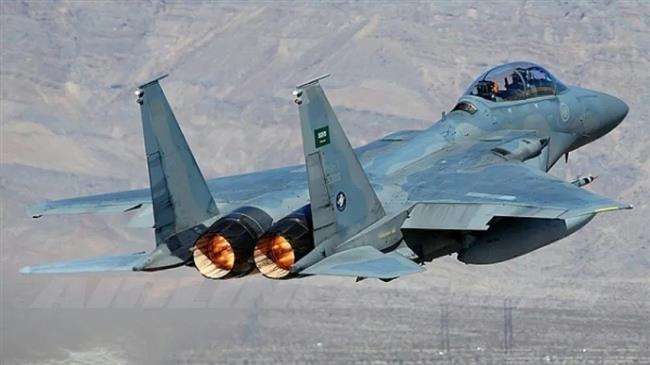



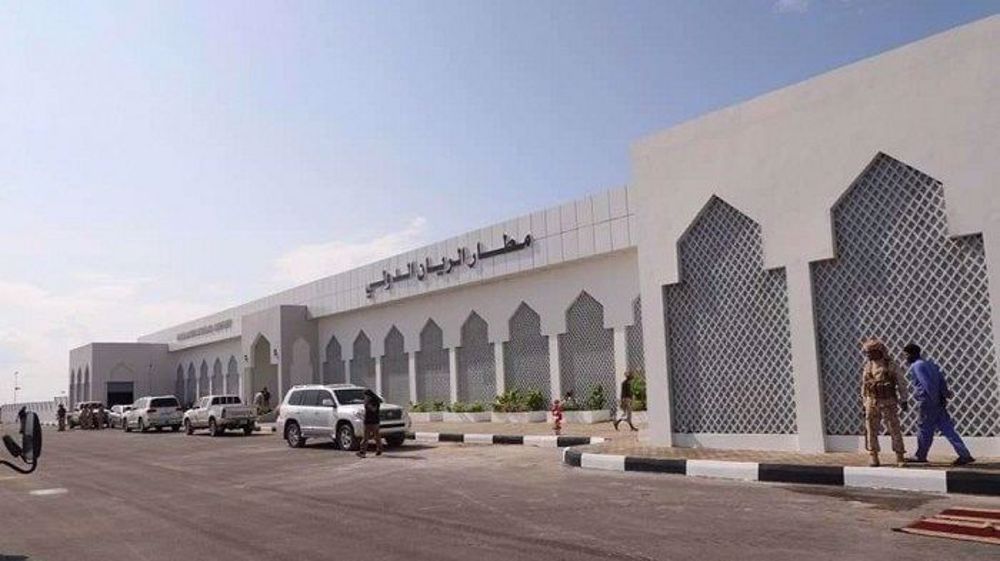
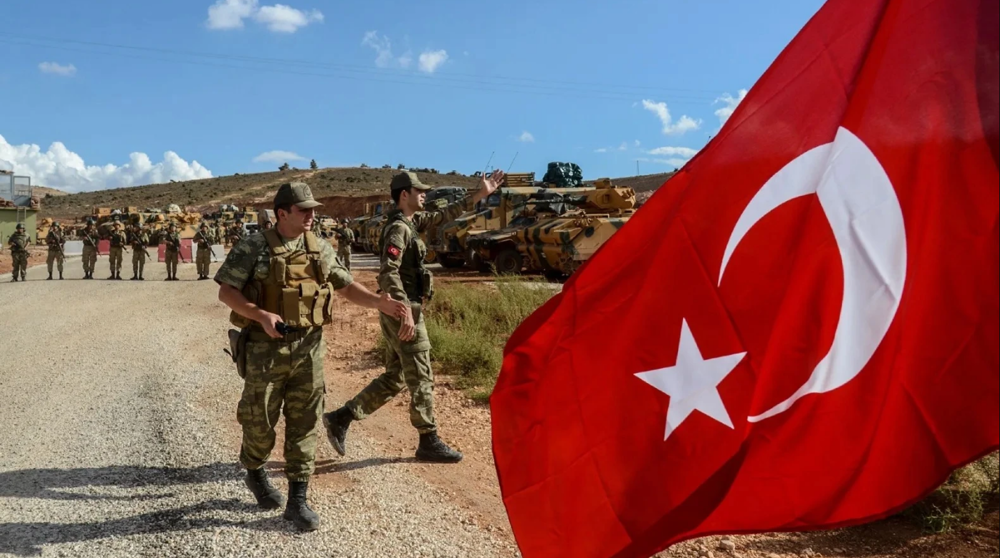
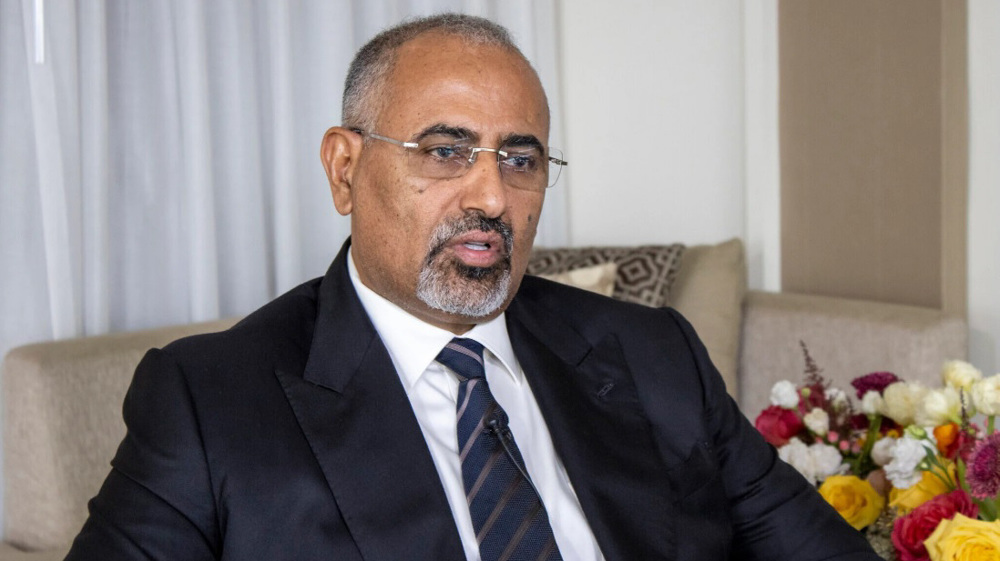



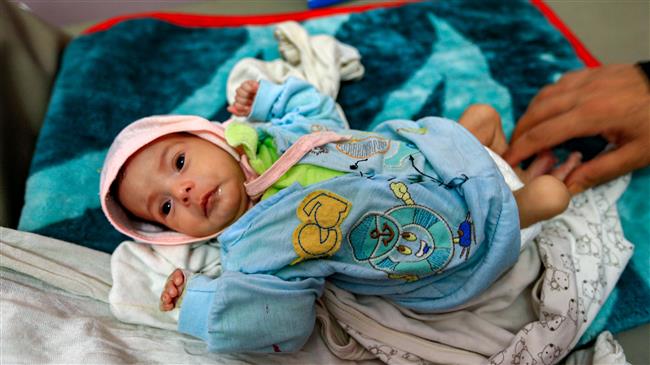
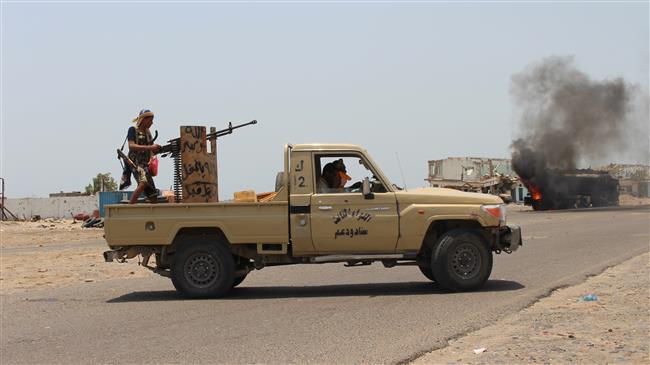
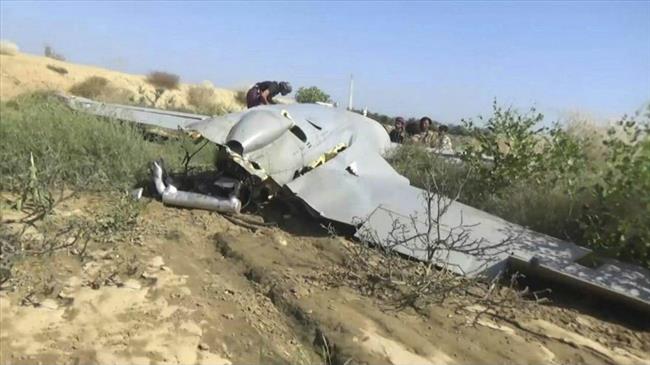
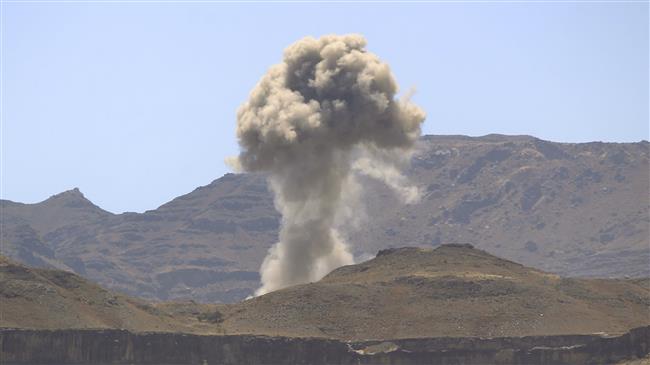
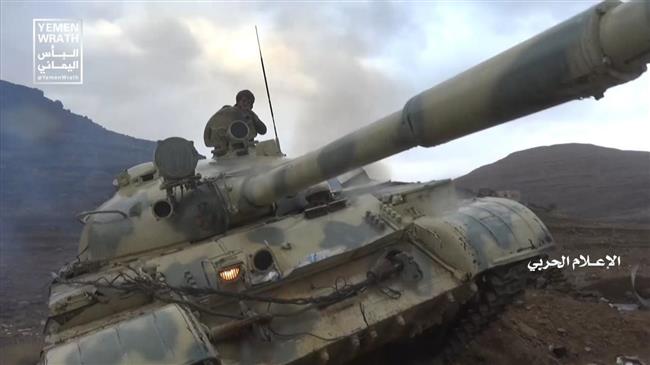
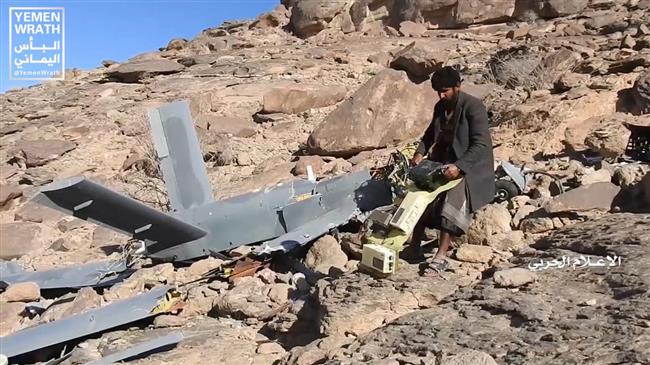

 This makes it easy to access the Press TV website
This makes it easy to access the Press TV website